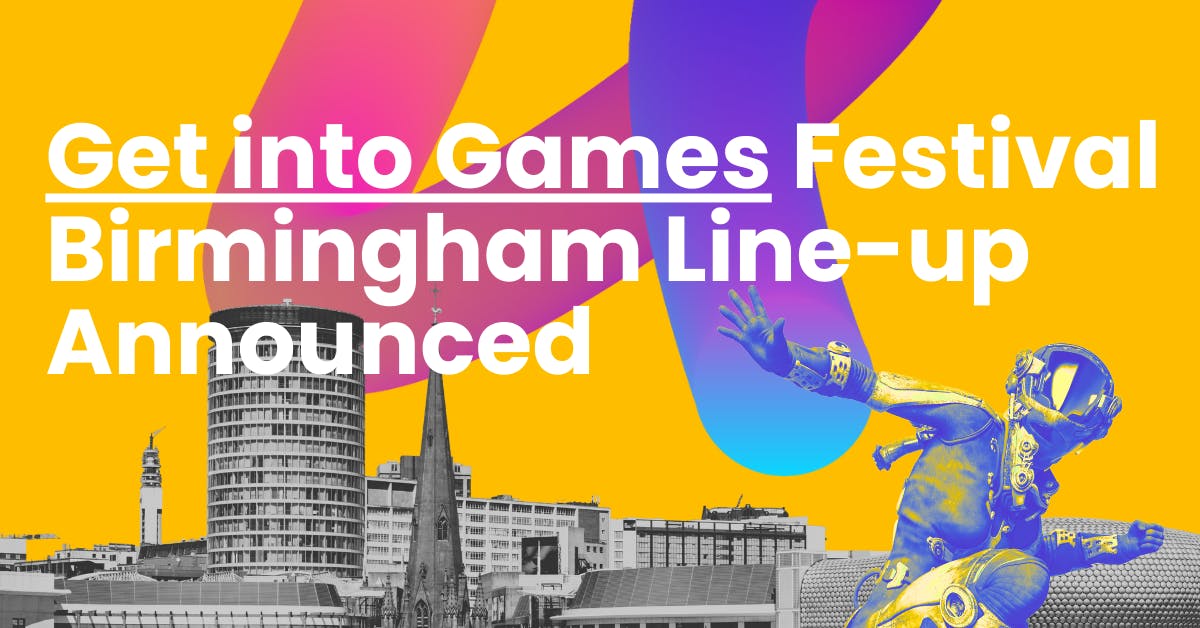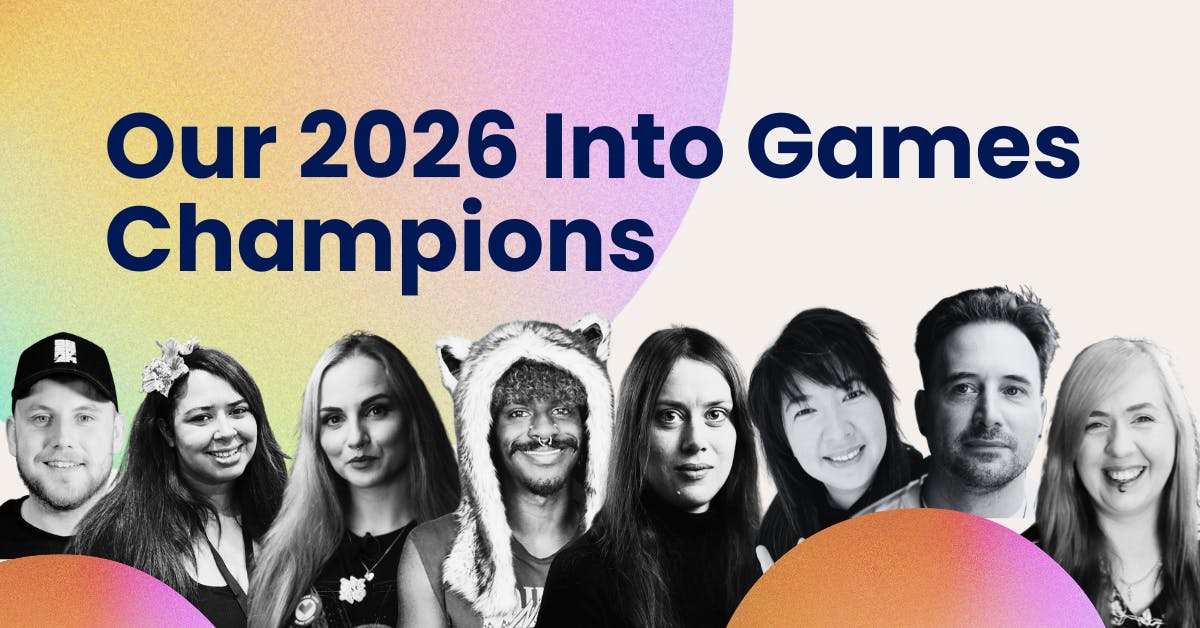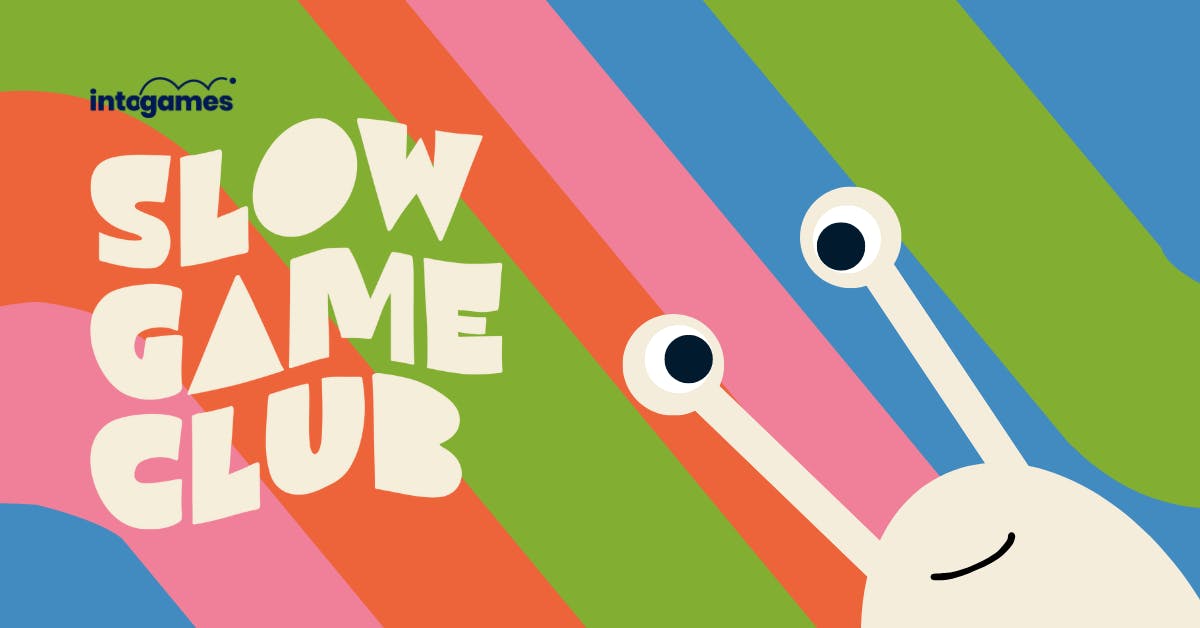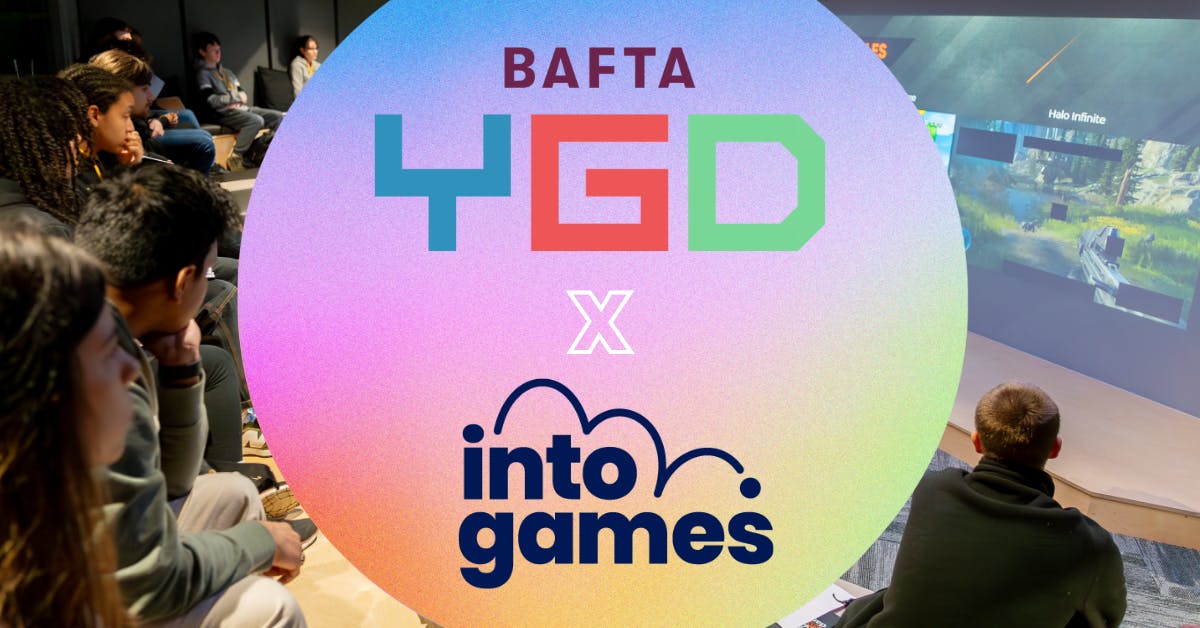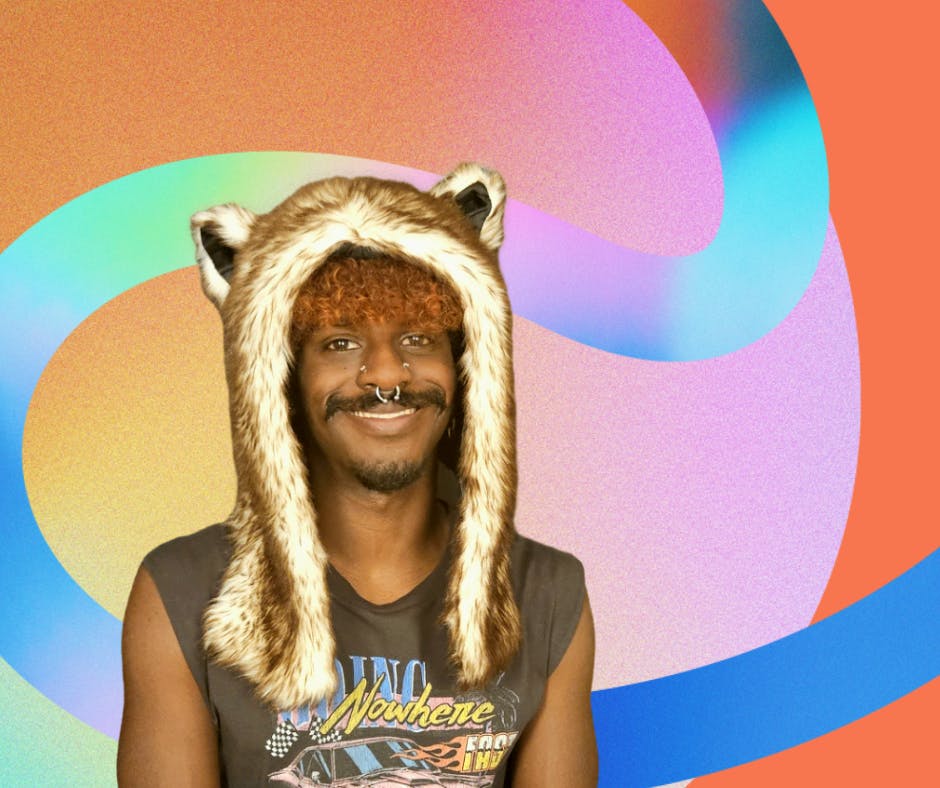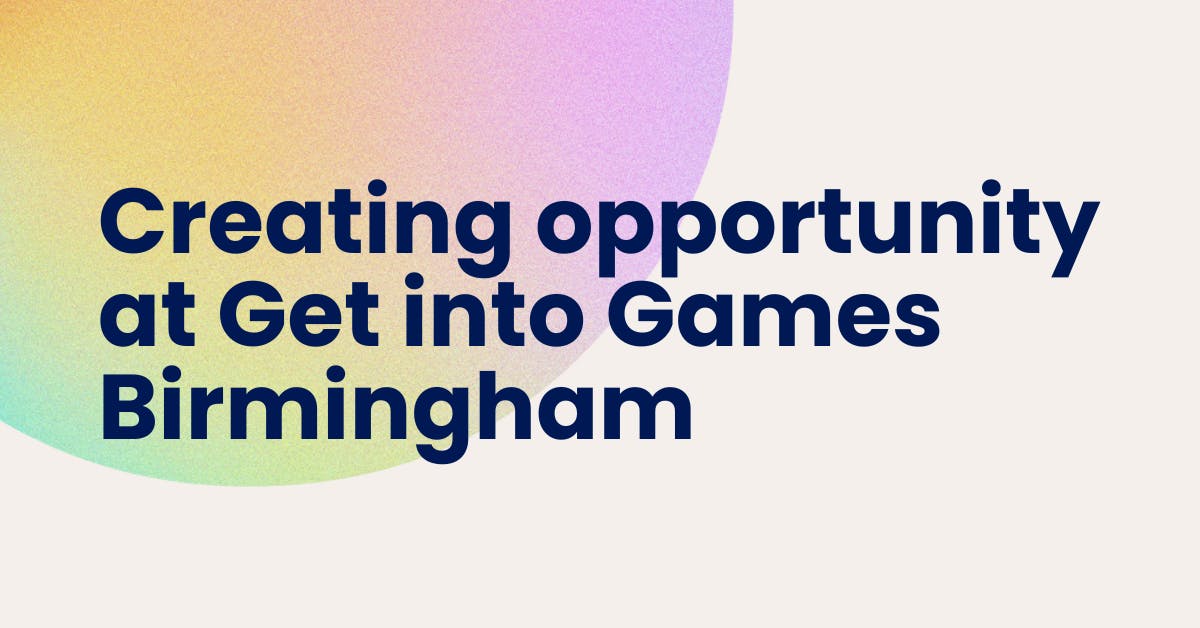
28 May 2020
What does a Systems Designer in games do? Interview with Victoria Boyce, Rebellion
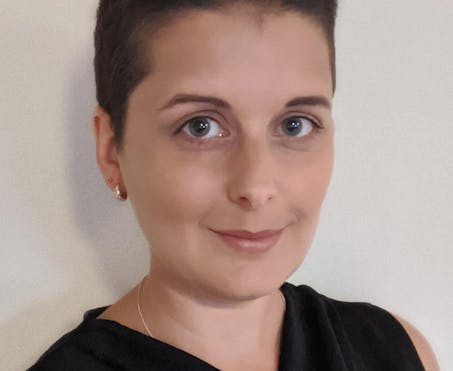
Victoria Boyce is a Senior Systems Designer currently working for Rebellion. By harnessing her creativity and developing a strong technical skillset, Victoria has contributed gameplay ideas and mechanics to a long list of games including Call of Duty: World at War: Final Fronts, Rogue Warrior and NeverDead. We asked Victoria, some key questions about getting into the games sector.
Explain your role like I'm 5 years old (using no jargon)
I design what you should do in the game, such as what you can touch and pick up, how you talk to other characters in the game, what things you can collect, and so-on.
Take us through your average day at work
I start the day by checking for messages and any bugs that need my immediate attention. I then go through my task list, which can be anything from designing a new system or feature, updating or fixing a system that’s already in the game, or testing the game and providing feedback.
What was your educational and career journey into your current role?
When I was in School I thought I wanted to be a Games Programmer, so I studied Software Development in College, and then did a degree in Computer Games Technology at University. After I graduated I couldn’t get a job as a games programmer, so I decided to work in QA (Quality Assurance) and retrain myself in Games Design. After about a year, I landed my first job as a Junior Games Designer for Rebellion.
I worked at Rebellion for several years, and then I moved to Cambridge to work for Jagex as a Systems Designer. After some time they put me through Senior Management and Leadership training, and I worked as an Associate Produce for a while.
When I finished my Maternity Leave we moved to Leamington Spa so I could work for Radiant Worlds as a PvP Designer. Over the course of the project the scope of the game changed, and I moved into a Systems Designer role so I could focus more on gameplay features. After a while, I was promoted to Lead Designer. Unfortunately the publisher decided not to go ahead with the game, so it never got released beyond Beta (a development phase where we may ask for testers to test out a game which is incomplete and/or may still contain bugs and issues). But thankfully the studio got taken over by Rebellion, where I am now working as one of their Senior Systems Designers.
What is the most rewarding thing about your role
There’s a couple of rewarding things about being a Systems Designer. The first one is seeing the different pieces of a feature or system I’m working on being put together, such as the code, the art, any animation and GUI elements. The second one is seeing the game being released and the public playing and enjoying the features and systems you’ve worked on.
What other roles do you work with the most
I work with people from a lot of other roles, such as programmers, level designers, GUI designers and developers, animators, audio designers, and even core-tech.
What's the most challenging thing about your role?
There are times when there can be disagreements between different roles in a project about how a feature should look or work, and it can be challenging to find a solution that makes as many people as possible happy, or proving that a particular feature should work in a certain way.
What software or digital tools do you use the most?
I mostly use our in-house tool, Asura, when it comes to setting up and testing features. I write a lot of documentation too, mostly on Confluence, and I use Excel to help with game balancing. There are times where I also use video capture and editing software to present features or to show issues, and imaging software to create visuals for how I would imagine a feature to work.
What are the key skills needed for you to work on to do your role?
Good communication is a key needed to be a Systems Designer, verbally and written; In this role you need to try and explain the feature or system you’re designing as clearly as possible to people in different roles, so for example you need to be as technical as possible when talking about the feature with a programmer, yet you also need explain the feature from a player’s perspective for people in other roles.
Problem Solving is another good skill that I think is needed; if a feature or system isn’t working as well as you’d expect, or you’re not getting the results you were hoping for, you need to try and figure out why, and come up with solutions to try and fix it, or at least improve upon it.
An ability to look at a game and it’s features mechanically is also a good skill to have; For example, you play a game that has a really fun mechanic in it, that you just want to keep playing over and over again. You should ask yourself “why is this fun?” “what is it that makes me want to keep playing this over and over again?”, and make note of what you find out.
What advice would you give to your younger self looking to get started in the industry?
I would tell my younger self to be patient, to keep trying and to keep working hard, and to not get disheartened when things aren’t working out the way you planned. I didn’t get my initial dream job of being a games programmer, but I am instead a Games Designer which is a much better fit for me, and everything I learned from studying programming and technology is still helpful for me as a Systems Designer.
Do you have any links to good articles or videos that you think might give some tips or advice to someone starting in your role?
I have a blog with some articles that I wrote last year about being a designer and how I got there, which you might find interesting:
Designer Vicky
Gamasutra and GameCareerGuide are other another good sources for articles about being a designer and starting out too:
Gamasutra
GameCareerGuide
Stay up to date
It's time to level up your inbox
Pick which newsletters you're interested in receiving, and customise further by specifying a discipline.
Join our mailing listTell me more
